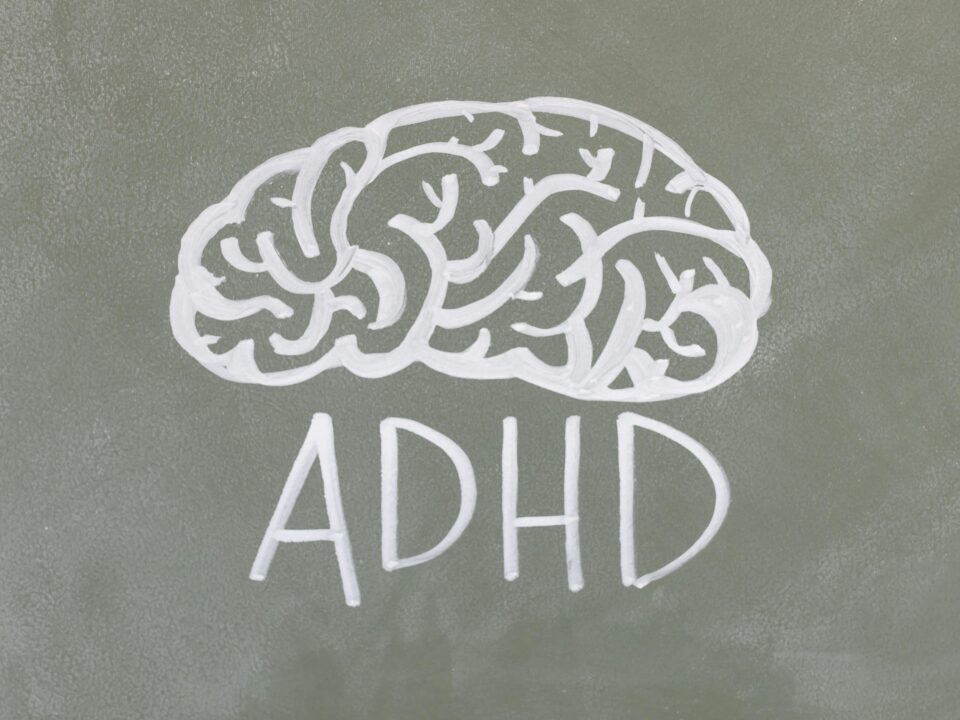How to Interview Candidates with ADHD

Featured Image by Rebrand Cities, Pexels
There can be inadvertent roadblocks for Individuals with ADHD within the interview process.
However, it is important to note that everyone with ADHD is a unique individual and as such we recommend that in addition to the ideas here you speak to them about any adjustments they may personally need.
What are reasonable adjustments for ADHD?
The following are adjustments that are applicable to most candidates with ADHD:
- Be open about the interview process
- Provide the questions beforehand
- Allow the candidate to bring notes
- Give the candidate extra time in the interview
- Hold the interview in a room with few distractions
- Ensure the lighting isn’t too bright
Be open about the interview process
It is impossible for someone with ADHD to know what accommodations might be reasonably needed if they are kept in the dark about the process. We therefore recommend being open about the details of the interview and its process.
Including:
- What the overall specific interview process will be.
- How many interviewers there are, who they are, and what their role is.
- What the likely questions and/or activities will be.
It is acknowledged that some questions will by necessity be ad-hoc, for example in response to answers, and as such can’t be known beforehand.
Provide the questions before the interview
By providing the core questions to the candidate beforehand you give them time to get their answers in order, as if the interview was conducted live with no preparation they may not mention details that would have been useful to mention as they failed to make the connection themselves in the moment, but given time to prepare they are more likely to notice such things.
Allow the candidate to bring notes

Featured Image by Karolina Grabowska, Pexels
Someone with ADHD will likely have a hard time focusing on the questions being asked or possibly get too focused on some questions to the detriment of the others. Therefore letting the candidate take notes with them into the interview will give them the ability to bring up relevant information that they would have otherwise forgotten.
Adapt the environment to have few distractions
Part of ADHD is the fact that the person will be easily distracted so removing anything from the location of the interview that may distract them will improve the likelihood of them presenting themselves well.
For in person meetings:
- We recommend a room with as few distractions as possible. Ideally a quiet private room with a door that can shut. A room free from external or internal noise. A room free from visual distractions such as overlooking a corridor, busy working environment or television. Ideally the candidate should face the least distracting direction e.g. facing a wall rather than a window.
- Interviews should not be conducted in a public place (e.g. a Coffee Shop or shared meeting space). They should not have other people in the vicinity who are not part of the interview.
For virtual meetings:
- Reduce movement in the interviewers background – ideally a heavily blurred or plain background.
- Minimising intrusive noise. This includes ensuring the interviewer(s) themselves are in a quiet place and themselves free from distractions and other people. It includes turning off any device or computer noises (for example email received auditory notifications).
Avoid using non-specific questions.
Non-specific questions introduce a chance to go off topic, after which it may be hard to get them back on topic. It also means that you aren’t indicating a key point to the question so the answers are likely to be less detailed than desired.
Be ready to repeat questions
In a similar vein; If the candidate goes off topic or doesn’t provide the level of detail desired, repeating the question can reinforce the idea that this particular topic requires greater thought. It’s also possible that due to their easily distractible nature that you may need to repeat your question to get an answer at all.




